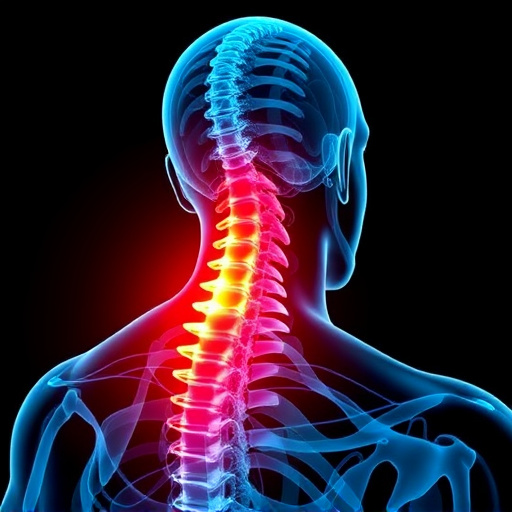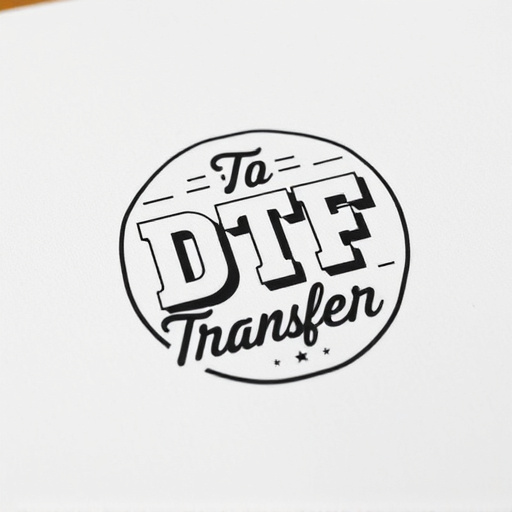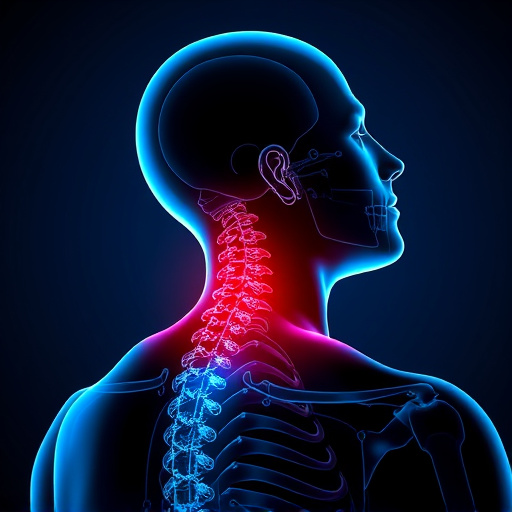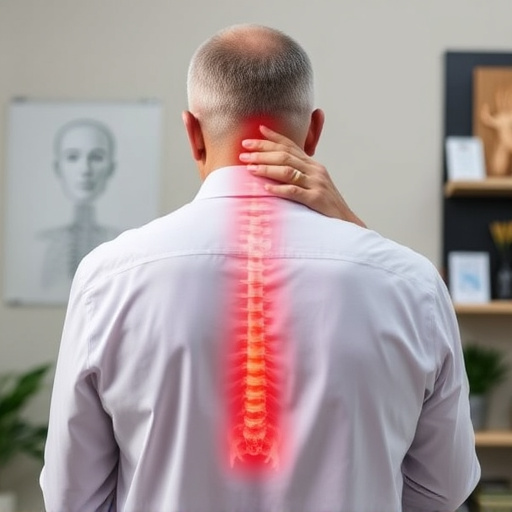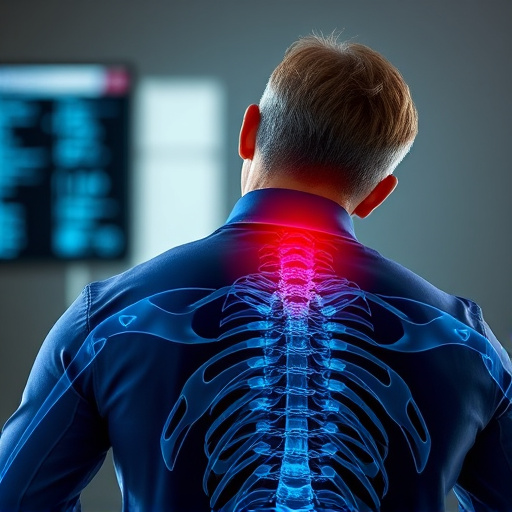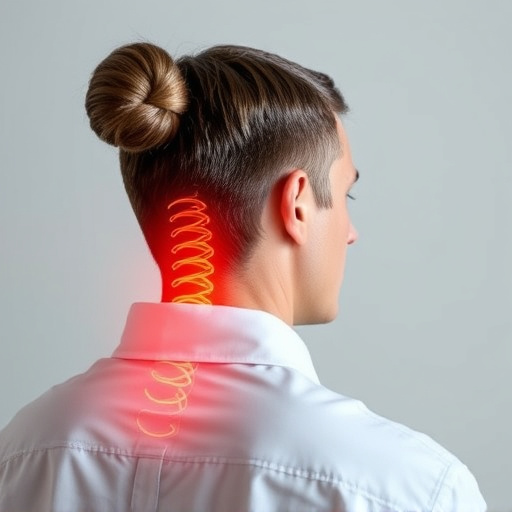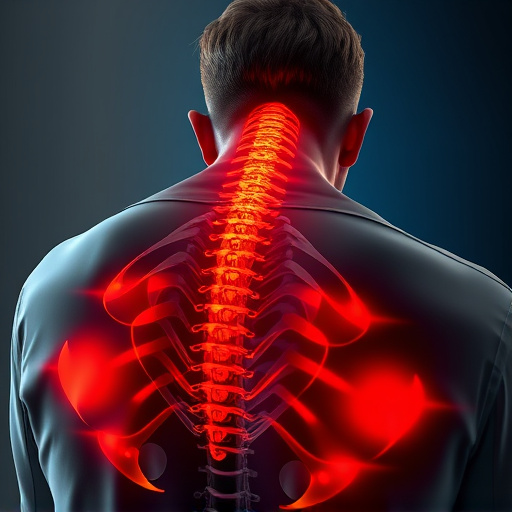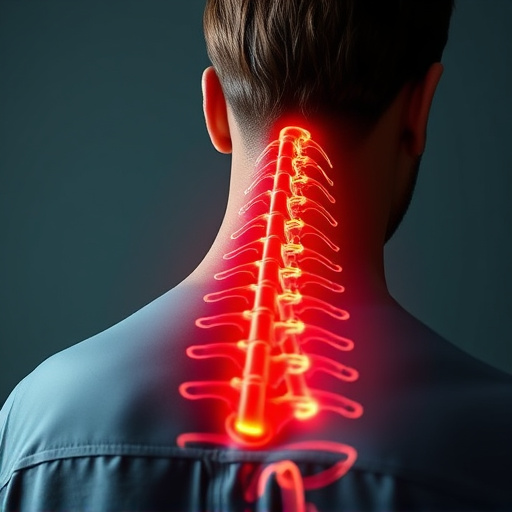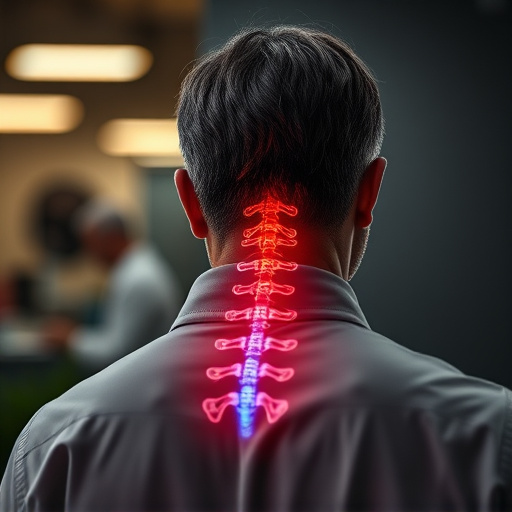St. Johns Town Center injury clinics offer holistic healing for trauma survivors, addressing both physical and emotional aspects of recovery. Using evidence-based therapies like CBT, mindfulness, and EMDR, these clinics guide clients towards managing symptoms, processing emotions, and regaining control over their lives. Specialized programs incorporate exercises for mobility, strength training, and balance, tailored to individual needs. Mindfulness practices and CBT empower patients to build mental resilience, manage trauma-related stress, and thrive after traumatic experiences.
Traumatic incidents can leave profound imprints on both the body and mind, emphasizing the need for comprehensive healing journeys. This article delves into the multifaceted aspects of recovery, exploring how survivors can navigate their path to wholeness. From understanding the physiological impacts to adopting holistic approaches like mindfulness and cognitive behavioral techniques, each section illuminates crucial strategies. Key focus points include the role of specialized clinics, such as St. John’s Town Center Injury Clinic, in fostering emotional processing, physical therapy, and building resilience for lasting wellbeing.
- Understanding the Impact of Traumatic Incidents on the Body and Mind
- The Role of St. John's Town Center Injury Clinic in Holistic Healing
- Emotional Processing: Unlocking the Path to Recovery
- Physical Therapy and Rehabilitation for Trauma Survivors
- Mindfulness and Cognitive Behavioral Techniques for Long-Term Wellbeing
- Building Resilience: Strategies for a Transformative Journey
Understanding the Impact of Traumatic Incidents on the Body and Mind
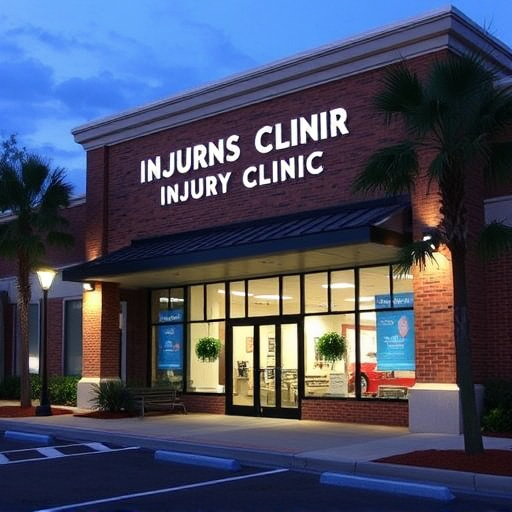
Traumatic incidents can have profound and lasting effects on both the mind and body, often leading individuals to seek healing and recovery. When a person experiences trauma, their body goes into a state of fight or flight response, triggering a complex physiological reaction. This can result in various physical symptoms such as headaches, insomnia, chronic pain, and even digestive issues. The impact extends beyond the physical realm; traumatic events can also trigger intense emotional responses, leading to anxiety, depression, flashbacks, and nightmares.
A St. Johns Town Center injury clinic recognizes that healing from trauma is a comprehensive process that requires addressing these interconnected aspects. Therapies like cognitive-behavioral therapy (CBT), mindfulness practices, and body-oriented approaches can help individuals process and release traumatic memories while learning coping strategies to manage ongoing symptoms. By providing a supportive environment and evidence-based treatments, the clinic aids clients in their journey towards restoring balance and regaining control over their lives after traumatic incidents.
The Role of St. John's Town Center Injury Clinic in Holistic Healing
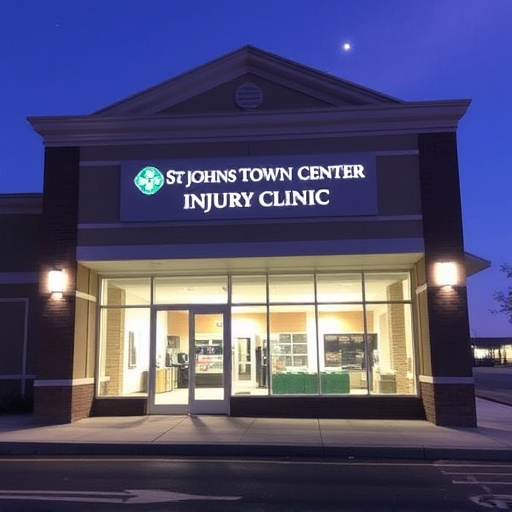
The St. John’s Town Center Injury Clinic stands as a beacon of holistic healing, offering a comprehensive approach to trauma recovery. This specialized clinic recognizes that healing from traumatic incidents goes beyond physical ailments; it encompasses the mind, spirit, and emotional well-being. As such, they provide a nurturing environment where individuals can navigate their journey towards restoration.
Through a multi-disciplinary team of experts, the St. John’s Town Center Injury Clinic delivers personalized care. This includes therapists, psychologists, and healthcare professionals who work collaboratively to address the complex needs of those who have experienced trauma. Their holistic healing methods involve various therapeutic techniques, such as counseling, mindfulness practices, and alternative therapies, tailored to support each client’s unique recovery process.
Emotional Processing: Unlocking the Path to Recovery
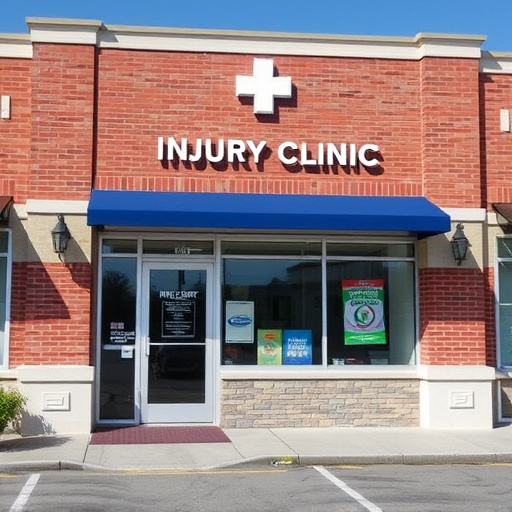
Emotional processing is a critical component of healing after traumatic incidents, and it’s where a St. John’s Town Center injury clinic can play a vital role in a patient’s recovery journey. This process involves acknowledging, understanding, and managing the complex emotions that often arise following a trauma. It’s not about suppressing feelings or rushing through the healing process but rather creating a safe space to explore them. Through various therapeutic techniques, individuals can learn to identify and express their emotions healthily, which is essential for processing the trauma effectively.
At a St. John’s Town Center injury clinic, trained professionals guide patients through this intricate journey. They employ evidence-based practices such as cognitive-behavioral therapy (CBT) and eye movement desensitization and reprocessing (EMDR), enabling individuals to confront their traumatic memories while learning coping strategies. This holistic approach ensures that emotional healing goes hand in hand with physical recovery, fostering a sense of balance and wholeness as the patient navigates their path to recovery.
Physical Therapy and Rehabilitation for Trauma Survivors
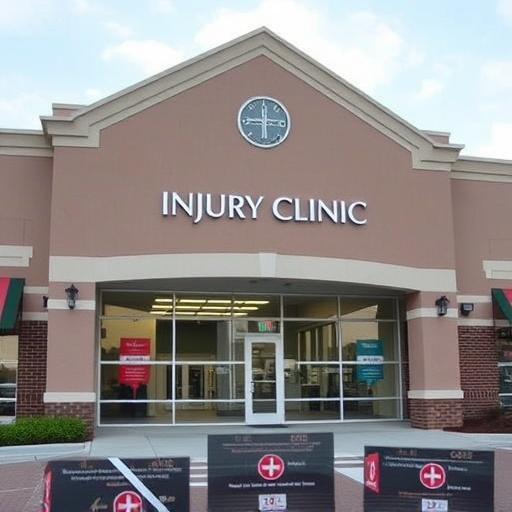
Many trauma survivors may require physical therapy and rehabilitation to regain strength, mobility, and function after an incident. This process can be crucial in helping individuals heal from physical injuries, such as broken bones or soft tissue damage. St John’s Town Center injury clinic offers specialized services tailored for trauma survivors, focusing on holistic healing.
Rehabilitation programs often include exercises to improve range of motion, strength training, and balance activities. Therapists at the St John’s Town Center work closely with patients to create individualized plans addressing specific needs. This collaborative approach ensures survivors receive the necessary care to not only recover from their injuries but also to regain control over their bodies and overall well-being.
Mindfulness and Cognitive Behavioral Techniques for Long-Term Wellbeing
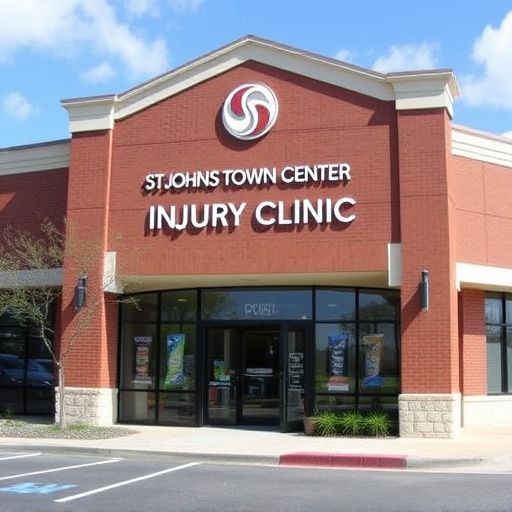
Mindfulness and cognitive behavioral techniques play a pivotal role in the long-term wellbeing of individuals navigating a healing journey after traumatic incidents, such as those seeking help at a St. John’s Town Center injury clinic. Mindfulness practices encourage individuals to focus on the present moment, acknowledging and accepting their emotions without judgment. This can significantly reduce the impact of intrusive thoughts and flashbacks that often plague survivors of trauma. By fostering a sense of calm and self-awareness, mindfulness helps individuals develop healthier coping mechanisms.
Cognitive Behavioral Therapy (CBT) complements mindfulness by addressing negative thought patterns and beliefs that may have developed as a result of the traumatic event. CBT equips individuals with tools to challenge and reframe distorted thinking, thereby improving their emotional regulation and overall mental resilience. Integrating these evidence-based techniques allows for a holistic approach to healing, enabling individuals to not only survive but thrive after traumatic experiences, even when seeking specialized care at a St. John’s Town Center injury clinic.
Building Resilience: Strategies for a Transformative Journey
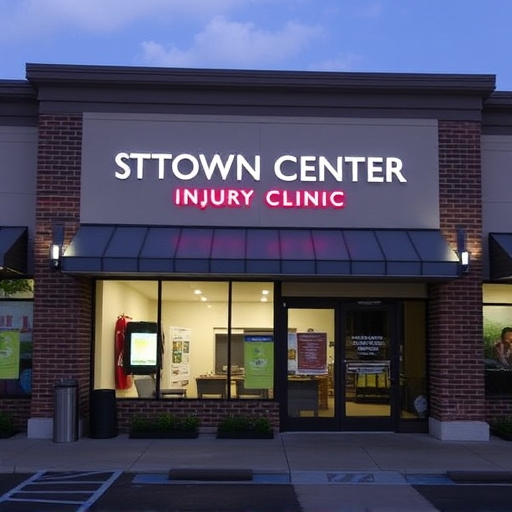
After a traumatic incident, building resilience is a crucial step on the journey to healing. A St. John’s Town Center injury clinic can offer specialized support and guidance to help individuals navigate this transformative process. Strategies for fostering resilience include engaging in regular self-care practices such as mindfulness meditation, deep breathing exercises, and physical activity. These techniques empower individuals to manage stress, anxiety, and flashbacks effectively.
Additionally, seeking social support from friends, family, or support groups can provide a sense of belonging and understanding. Sharing experiences and connecting with others who have faced similar challenges can be immensely comforting. The St. John’s Town Center injury clinic may also recommend cognitive-behavioral therapy (CBT) to challenge negative thought patterns and replace them with healthier, more adaptive ones. By combining these strategies, individuals can develop the resilience needed to overcome trauma and emerge stronger on their healing journey.




